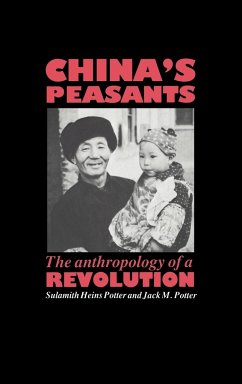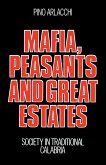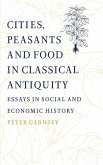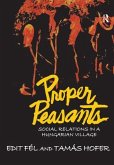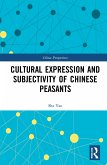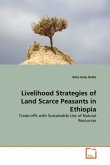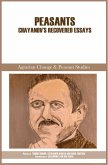This landmark study of Zengbu, a Cantonese community, is the first comprehensive analysis of a rural Chinese society by foreign anthropologists since the Revolution in 1949. Jack and Sulamith Potter examine the revolutionary experiences of Zengbu's peasant villagers and document the rapid changeover from Maoist to post-Maoist China. In particular, they seek to explain the persistence of the deep structure of Chinese culture through thirty years of revolutionary praxis. The authors assess the continuities and changes in rural China, moving from the traditional social organization and cultural life of the pre-revolutionary period through the series of large-scale efforts to implement planned social change which characterized Maoism - land reform, collectivization, the Great Leap Forward, and the Cultural Revolution. They examine in detail late Maoist society in 1979-80 and go on to describe and analyse the extraordinary changes of the post-Mao years, during which Zengbu was decollectivized, and traditional customs and religious practices reappeared.
Table of contents:
List of illustrations; List of tables; Preface; Notes on the text; 1. The old feudal order: Zengbu before liberation; 2. Establishing the new order; 3. The ordeal of collectivization; 4. The Cultural Revolution; 5. Maoist society: the production team; 6. Maoist society: the brigade; 7. Maoist society: the commune; 8. Decollectivization: transition to the post-Mao period; 9. The cultural construction of emotion in rural Chinese social life; 10. Marriage, household, and family form; 11. Chinese birth planning: a cultural account; 12. Lineage and collective: structure and praxis; 13. Party organization; 14. The party ethic: a devotion born of distress and enthusiasm; 15. A caste-like system of social stratification: the position of peasants in modern China's social order; 16. The Chinese peasants and the world capitalist system; 17. The crystallization of post-Mao society: Zengbu in 1985; References; Index.
This landmark study of Zengbu, a Cantonese community, is the first comprehensive analysis of a rural Chinese society by foreign anthropologists since the Revolution in 1949. Jack and Sulamith Potter examine the revolutionary experiences of Zengbu's peasant villagers and document the rapid changeover from Maoist to post-Maoist China.
Hinweis: Dieser Artikel kann nur an eine deutsche Lieferadresse ausgeliefert werden.
Table of contents:
List of illustrations; List of tables; Preface; Notes on the text; 1. The old feudal order: Zengbu before liberation; 2. Establishing the new order; 3. The ordeal of collectivization; 4. The Cultural Revolution; 5. Maoist society: the production team; 6. Maoist society: the brigade; 7. Maoist society: the commune; 8. Decollectivization: transition to the post-Mao period; 9. The cultural construction of emotion in rural Chinese social life; 10. Marriage, household, and family form; 11. Chinese birth planning: a cultural account; 12. Lineage and collective: structure and praxis; 13. Party organization; 14. The party ethic: a devotion born of distress and enthusiasm; 15. A caste-like system of social stratification: the position of peasants in modern China's social order; 16. The Chinese peasants and the world capitalist system; 17. The crystallization of post-Mao society: Zengbu in 1985; References; Index.
This landmark study of Zengbu, a Cantonese community, is the first comprehensive analysis of a rural Chinese society by foreign anthropologists since the Revolution in 1949. Jack and Sulamith Potter examine the revolutionary experiences of Zengbu's peasant villagers and document the rapid changeover from Maoist to post-Maoist China.
Hinweis: Dieser Artikel kann nur an eine deutsche Lieferadresse ausgeliefert werden.

